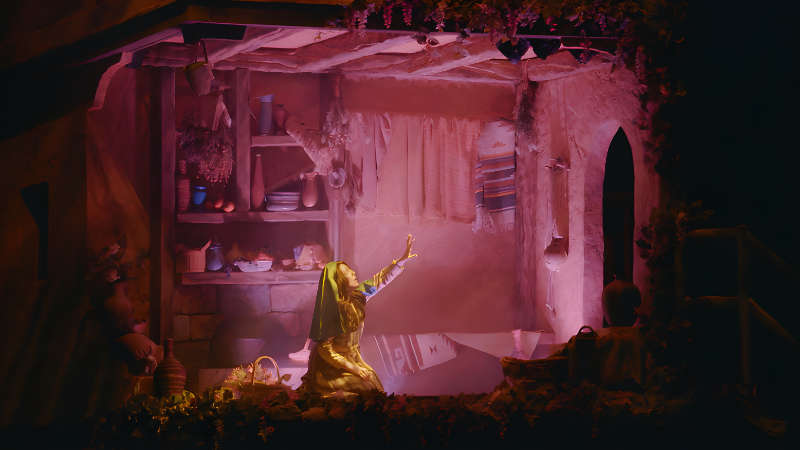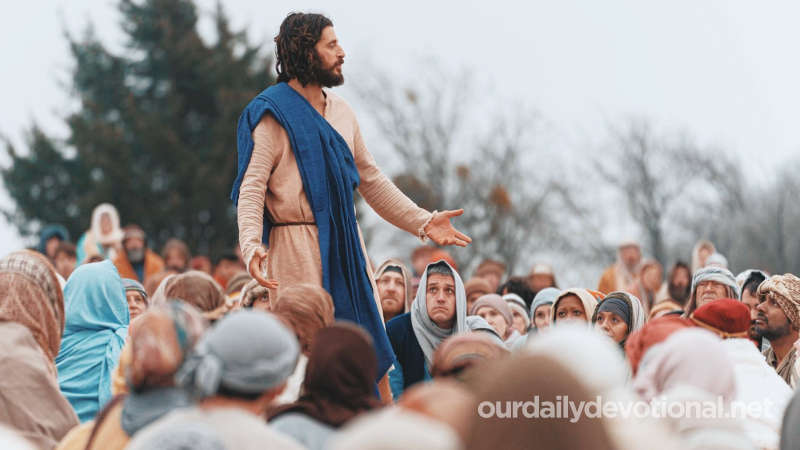Prostitution seems to be universal, and it existed in Israel and the surrounding nations. In ancient times, prostitution could be more than a money matter. Some prostitutes—both female and male—worked in the service of a fertility god or goddess.
They were “ritual prostitutes,” whose services were not only sexual, but intended to bring on the favor of the god or goddess. Israel’s prophets constantly condemned this.
“Prostitution” also had a spiritual meaning. Israel was supposed to be the loyal “wife” of God, who was sometimes presented by the prophets as a faithful husband who resented his “wife” taking other lovers (the pagan gods and goddesses).
The prophet Hosea married a prostitute, whose promiscuity was a symbol of Israel’s habit of worshipping other gods. Since the worship of other deities could involve sexual acts, it is easy to see how “prostitution” or (as the King James Version puts it) “whoring” could have two meanings at once.
Several notable prostitutes appear in the Bible, the most famous being Rahab, who helped the Israelite leader Joshua capture the city of Jericho (Josh. 2).






